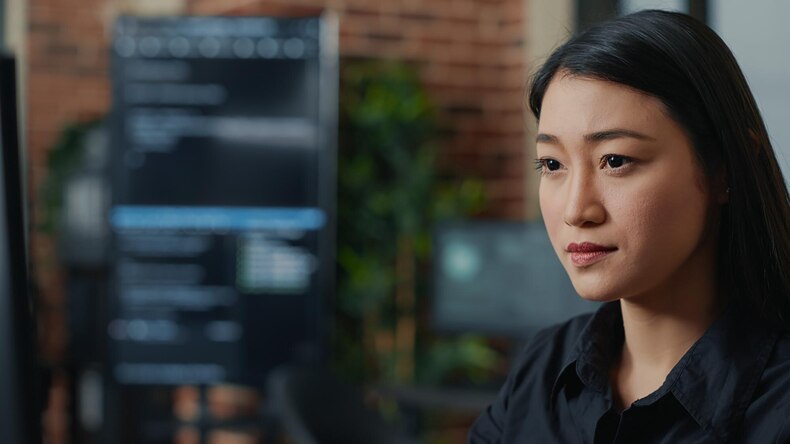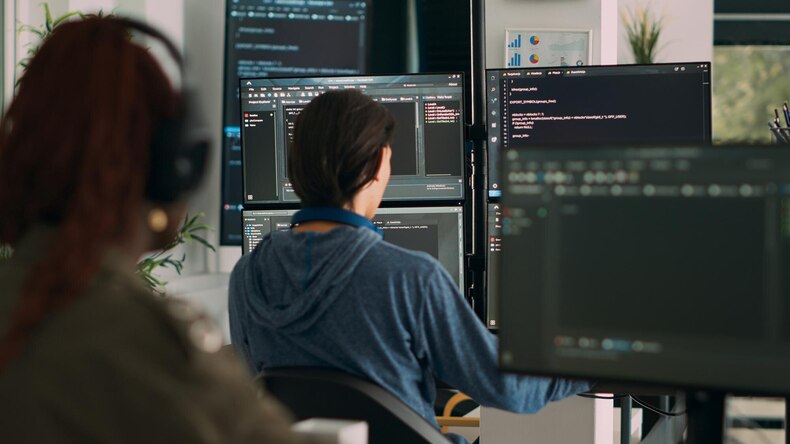
Traveling has always been an adventure, but recent global events have transformed the way we think about safety on our journeys. As the world grapples with new health challenges, technology has emerged as a crucial ally. Enter artificial intelligence (AI)—a game-changer in how we navigate travel during pandemics.
Imagine having access to real-time data that helps you make informed decisions before stepping onto an airplane or entering a bustling train station. With AI’s capabilities at our fingertips, securing safe travel is no longer just a hope; it’s becoming a reality. From predicting outbreaks to enhancing airport security, AI is reshaping our travel experience in ways we never thought possible.
How AI has helped in managing the COVID-19 pandemic
AI has played a pivotal role in managing the COVID-19 pandemic. Its ability to analyze vast amounts of data quickly has allowed health authorities to respond more effectively.
Machine learning algorithms have been used to predict outbreaks by analyzing patterns from previous infections. This predictive capability helps allocate resources where they are needed most urgently.
Another significant contribution is through AI-driven chatbots. These tools provide accurate information and answer public inquiries, reducing misinformation’s spread while easing the burden on healthcare systems.
Moreover, AI technology has enhanced diagnostic processes. Advanced imaging techniques powered by artificial intelligence can identify COVID-19 cases faster than traditional methods.
Healthcare professionals have also benefited from AI-assisted decision-making tools that offer treatment recommendations based on real-time patient data. This integration fosters timely interventions and improves patient outcomes significantly during such challenging times.
AI-powered contact tracing and monitoring systems
AI-powered contact tracing and monitoring systems have transformed the way we handle health crises. They utilize advanced algorithms to track interactions between individuals efficiently.
These systems collect data from various sources, including mobile devices and public health records. By analyzing this information, AI can quickly identify potential exposure risks and alert users in real-time.
The technology goes beyond simple tracking; it enhances our understanding of virus spread patterns. This insight allows for targeted interventions, such as localized lockdowns or vaccination drives tailored to specific communities.
Privacy concerns are paramount, yet many AI models ensure that sensitive information remains confidential while still delivering crucial insights.
With continuous improvements in machine learning, these tools are becoming more accurate and effective at predicting outbreaks before they escalate. As travel resumes globally, their role becomes even more critical in ensuring safe journeys amidst ongoing uncertainties.
Use of AI in predicting and preventing future pandemics
AI is revolutionizing how we understand and respond to potential pandemics. With its ability to analyze vast amounts of data, it can identify patterns that may signal an outbreak.
Machine learning algorithms sift through historical health data, environmental factors, and social media trends. This capability helps predict where a pandemic might emerge next.
Moreover, AI models incorporate genetic information from viruses, allowing scientists to track mutations in real time. By anticipating changes before they become widespread, public health officials can take proactive measures.
Collaboration between AI systems and global health organizations enhances surveillance efforts across borders. The technology provides invaluable insights for early warning systems.
As researchers continue refining these tools, the hope is that AI will not only detect threats but also inform vaccine development and distribution strategies ahead of time.
Advancements in airport security using AI technology
Airport security has undergone a significant transformation thanks to AI technology. Traditional methods often relied heavily on human judgment, which can be inconsistent under pressure. Now, AI systems analyze passenger behavior and identify potential threats with remarkable accuracy.
Facial recognition software enhances the boarding process by matching travelers against databases in real-time. This speeds up check-in while maintaining safety protocols.
Moreover, AI-powered baggage screening systems detect anomalies within luggage efficiently, reducing false alarms and minimizing manual inspections. These advancements not only streamline operations but also provide a seamless experience for travelers.
Machine learning algorithms continuously improve these processes by learning from past data to predict risky behaviors or emerging threats. As air travel becomes more complex, integrating AI technologies into airport security will play a crucial role in ensuring passenger safety without compromising their comfort and convenience.
Conclusion
The integration of AI in travel safety has profoundly impacted how we navigate the complexities of pandemics. Its capabilities extend far beyond simple data processing, shaping a safer future for travelers worldwide. From contact tracing to predictive analytics, AI tools have provided innovative solutions during times of crisis.
The ability to monitor health trends and manage outbreaks using advanced algorithms is nothing short of revolutionary. As airports continue to adopt sophisticated AI technologies, the security landscape transforms into a more efficient and secure environment for passengers.
As we move forward, embracing these technological advancements will be crucial in mitigating risks associated with future pandemics. The role of AI is set to expand further, paving the way for smarter systems that prioritize public health without compromising convenience in travel experiences.
Through collaboration between technology developers and health organizations, there’s potential not only to enhance safety but also restore confidence among travelers everywhere. Embracing this new era could ensure that we are better prepared for any challenges ahead while enjoying our journeys with peace of mind.

